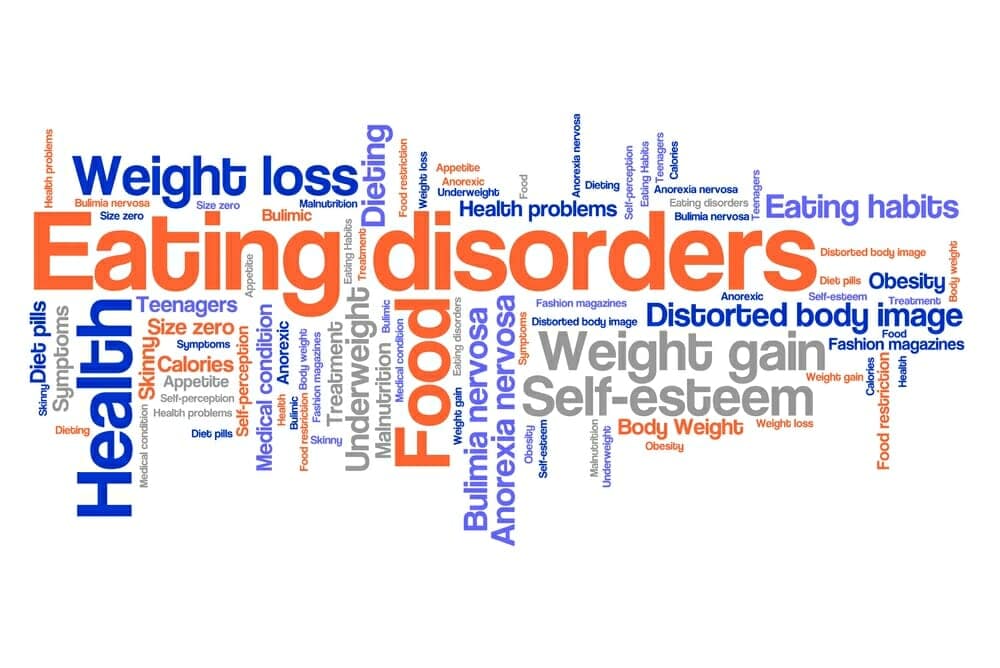Defining the Caregiving Journey
There are different ways of defining the caregiving journey. One of the simplest ways to break it down is by the amount of time required for caregiving. I find it easiest to break it down into four stages.
The first stage starts with diagnosis. Now your mom or dad may need some help. Typically though, this is less than ten hours a week. You can find time within your current schedule to meet their needs.
The second stage begins when caregiving duties start to take up more time. At this point the requirements are starting to feel like a ‘job’. Caregiving is taking up more than ten hours a week and time becomes limited.
The third stage begins when you start to feel overwhelmed by the needs of caregiving. Your mom or dad’s condition is very challenging to deal with. This is the point where caregiver breakdown often occurs.
Caregiver loss characterizes the fourth stage. The caregiving journey is over and there is a huge hole in your life that used to be filled by your mom or dad’s needs. You can feel quite empty at this point.
These four stages of caregiving will take you on an emotional journey. That journey will significantly impact you. How you handle the emotions will make all the difference to how you come out the other end.
The Emotional Journey
Begin by understanding that you cannot control your emotions. They are a reaction to events, people and environment that just happen. What you can control is how you react to the emotions you feel. You shouldn’t make a moral judgement on what your emotions are. Thinking you are a bad person because you feel frustrated or angry is not accurate. Your actions are what count.
When dealing with unwelcome emotions, the important part is to recognize that they are there. Trying to ignore them and letting them build up inside only creates a recipe for a later explosion. Name the emotion you are feeling, then decide how you are going to react.
Reactions are an act of your willpower and intellect. That is where you can make characterizations of good or bad. But here, again, you should be gentle with yourself. This is a challenging journey you are on and you need to be able to forgive yourself for any missteps that you make.
Fulfillment, Doubt, and Anxiety
When your mom or dad is first diagnosed, you may have some conflicting emotions. At this point it is likely that you can spend time with them. They can express their gratitude for your help. This exchange can make you feel quite fulfilled. It can be a very satisfying time with your mom or dad.
At the same time, knowing that the disease is progressive can cause doubt and anxiety. You are probably feeling at sea and unsure about what the progression of the disease may be. You may also be questioning whether you are doing the right thing for your mom or dad.
This is the time to arm yourself with knowledge. Seek out resources and information so that you can plan for what is coming. A good place to begin is the Enable Family Program. [Click here for more information]
Guilt, Frustration, and Fear
When the caregiving role is starting to feel like a ‘job’, stress starts to build. A normal part of your emotional landscape is to feel guilty. You may feel guilty because you don’t feel like you are doing enough. Your mom or dad is starting to deteriorate and you may attribute it to your lack of care. You may also find that any time you take for your own needs makes you feel guilty.
Along with the guilt comes frustration and anxiety. You may feel frustrated because even though you are doing all you can for your mom or dad they continue to deteriorate. As well, your mom or dad may no longer be able to express appreciation for your care.
At this point, you are likely feeling incredibly stretched. You are probably fearful of the future because you feel like you can’t do more. You are feeling crushed.
This is the moment to carve out time for yourself. This journey is a marathon not a sprint and you need to give yourself fuel for the journey. So plan time for yourself to rejuvenate your spirit.
Feeling Trapped and Resentment
When you mom or dad’s condition is getting worse and harder to deal with you can become overwhelmed. Emotions that were previously kept in check can now overwhelm you. On top of feeling guilty and frustrated you can now began to feel trapped. Caregiving consumes all your time. When you think about stepping away, you feel conflicted by guilt.
These emotions usually coincide with your mom or dad not being able to affirm you as they did in the past. This can leave you feeling drained and resentful.
This is the point when you must accept help. If you don’t take a break, the caring will break you. This is a difficult time of letting go. Your caregiving journey is reaching a crescendo and you need all your resources to get through this point.
Overwhelming Emotions and Grief
Through the caregiving journey, emotions intensify. At the point your emotions reach a crescendo, they can overwhelm you. At this final stage your mom or dad has passed on and you feel a huge emptiness.
It is likely that you passed through the usual stages of grief during the caregiving journey. The grieving process is nonlinear and different for each person. While there are common stages, we can go through them in a different order and sometimes find ourselves revisiting a stage.
Grieving — Denial and Anger
Likely you went through stages of denial when your mom or dad was first diagnosed. This initial reaction of disbelief is a natural reaction to news of this nature.
You probably also felt angry. Anger can take many forms. You can be angry at the disease, the doctors and family members. You can even feel angry towards your mom or dad for leaving you. Remember: emotions are not rational.
After the loss of your mom or dad you may still feel angry towards family members for their actions (or inaction) during the preceding months.
Grieving — Bargaining and Depression
At some point, you may find yourself bargaining with God or fate. This often occurs when anger doesn’t work to change the situation. This may involve pleading, begging, wishing, or praying to God to return things to how they were, promising in return to do more or be a better person. Sometimes the pleading is done with the sick person who is leaving.
When bargaining doesn’t work, it is common to feel depressed and sad. Some symptoms of depression, such as overwhelming feelings of hopelessness, frustration, bitterness, self-pity, numbness, and mourning are normal after getting news about a life-limiting illness or the loss of your mom or dad.
Don’t confuse clinical depression with normal grief. If over time you can’t seem to shake off your deep sadness or grief, you should see your family doctor. The exhaustion that has built up from caregiving can make you more susceptible to depression.
Grieving — Acceptance
At the end of your grieving process comes acceptance. It is important to recognize that there is a difference between resignation and acceptance. It is important to accept the loss, not just try to bear it quietly.
You may feel like acceptance is giving up or diminishing the importance of your mom or dad in your life. You may also feel afraid or unsure about moving forward and rebuilding your life without the physical presence of your mom or dad.
Acceptance can bring a sense of peace. The exhausting journey is over and you can focus your energy on moving forward.
The key for coping with your emotions through this period is to allow them to be a part of your life. Allow yourself to grieve the loss of your mom or dad. Allow yourself the time you need to reflect and put this journey into perspective.
Finally, take time to treasure all the challenges you have overcome and the memories you have shared. You have built a legacy of love and this is certainly worth treasuring.








Reply